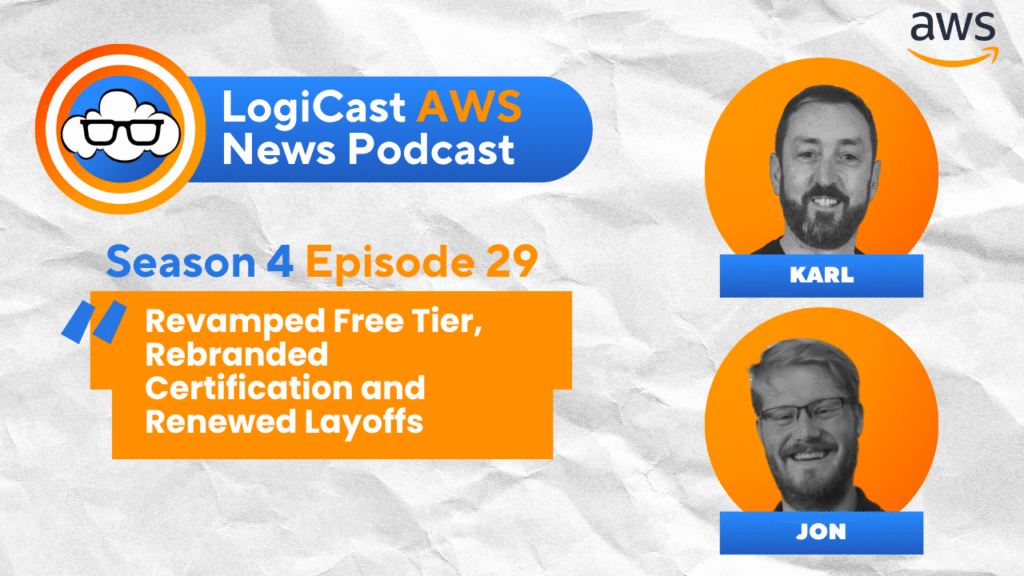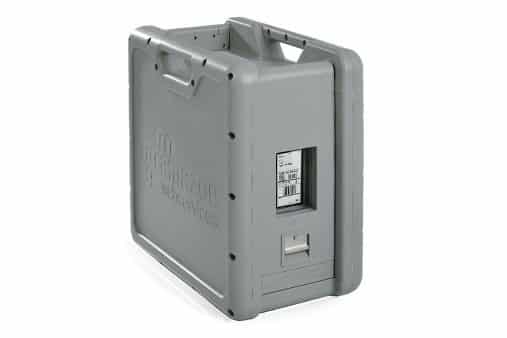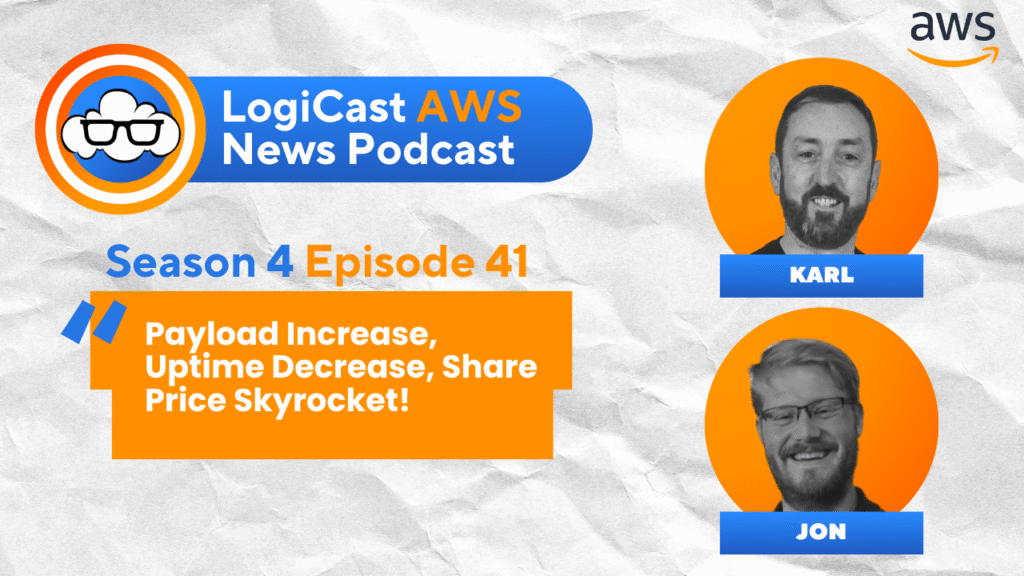
Logicata AI Bot
August 27, 2025
The Logicata AI Bot automatically transcribes our weekly LogiCast AWS News Podcasts and summarises them into informative blog posts using AWS Elemental MediaConvert, Amazon Transcribe and Amazon Bedrock, co-ordinated by AWS Step Functions.
In this week’s LogiCast AWS News podcast, host Karl Robinson of Logicata was joined by lead cloud engineer Jon Goodall and special guest William Antonio Guzmán Bernal,, an AWS Community Builder. The trio discussed several recent AWS developments and shared their insights on various topics.
Customized Billing and Cost Management Dashboards
AWS recently announced the general availability of customized billing and cost management dashboards. This new feature in the AWS Billing and Cost Management Console allows users to display multiple views of billing and cost data on a single page.
Jon expressed that while this feature isn’t groundbreaking, it does provide a more user-friendly view for finance teams and executives. He noted, “It’s a you thing rather than a me thing. I don’t know how valuable this is outside of finance teams though, and to be fair, we should absolutely be doing things for finance teams to make their lives easier because they have a hard job to start with.”
William added that this feature could be particularly beneficial for specific use cases, such as grouping information across accounts. He stated, “For especially if you want to group a lot of information in a single page and especially if you want to share that across accounts… for specific use cases is gonna have a bigger benefit.”
Both John and William agreed that while the new dashboards are helpful, they may not be necessary for all users, especially those with simpler cost management needs.
AWS Trusted Advisor Flaw
The podcast discussion then moved to a recently discovered flaw in AWS Trusted Advisor, which allowed public S3 buckets to go unflagged. Jon emphasized that this issue was likely not accidental but rather an intentional configuration to prove a point.
He explained, “What you could do, however, is you can set an ACL, which is an access control list pre kind of pre-canned, you know, to public access. And then as a bucket policy level, you can set to deny that blocks get policy status, access block and ACL. So nothing could talk to that bucket to interrogate its public-private status, it’s ACLs, and all the rest of it.”
William agreed with Jon’s assessment, adding that this case seemed more like an example of testing edge cases rather than a widespread security concern. Both experts noted that AWS had already fixed the issue as of June.
Jon also pointed out that the article discussing this flaw might be seen as “scaremongering to sell a tool,” as the security firm that discovered the issue had recently released an open-source tool for scanning S3 resources.
Building AI Agents on AWS Serverless
The podcast then delved into a recent AWS Compute blog post about building AI agents on AWS Serverless. Jon, while a fan of serverless architecture, admitted that AI agents were not his area of expertise.
He commented, “Serverless is the right thing to use for everything, as far as I’m concerned, until you discover that it’s not. You start there as a it’s serverless first, not serverless only, if that makes sense, because not everything plays well with it, right?”
William noted that while the blog post showed an evolution in AI agent development, it might not be applicable for those just starting with AI or serverless architectures. He stated, “It’s not something for who is completely new to these AI agents, but it’s something that may caught your attention and I invite you to start working with that.”
Both experts agreed that the new Agents SDK introduced in the blog post could be beneficial for abstracting boilerplate code in agent development.
Enterprise-Scale Log Ingestion with Amazon OpenSearch
The discussion then turned to an AWS Big Data blog post about building enterprise-scale log ingestion pipelines with Amazon OpenSearch service. William cautioned about the potential costs associated with OpenSearch, especially for smaller businesses or those with limited budgets.
He advised, “If you are in low budget or if you’re just trying to take a small medium businesses, open search probably is not the solution for you. I will go, yes, screen storage for that, but try to avoid it unless that’s why I have seen my experience.”
Jon agreed, noting that the article’s focus on “enterprise-scale” might not apply to all organizations, despite the opening line suggesting otherwise.
10 Years of Amazon Aurora Innovation
Lastly, the podcast celebrated the 10th anniversary of Amazon Aurora. Jon expressed surprise at Aurora’s longevity and highlighted some of its impressive features, such as cross-region read replicas and serverless capabilities.
He noted, “If you just need a database to do stuff, you you don’t need this. But if you want serverless, if you want multi-region hot hot replication or even multi-region replicas, to be honest, go look at Aurora, there’s there’s some really cool stuff that you can do with it.”
William appreciated Aurora’s developer-friendly options, particularly the simplicity of setting up test and production environments. He stated, “That specific set of options. It’s great marvelous. When I saw the first time I said, oh thank you so much. Someone thought about the developers.”
In conclusion, this week’s LogiCast AWS News podcast provided valuable insights into recent AWS developments, offering expert opinions on new features, potential security concerns, and the evolution of key AWS services. As always, the discussion highlighted the importance of considering specific use cases and requirements when implementing AWS solutions.
This is an AI generated piece of content, based on the Logicast Podcast Season 4, Episode 33.





